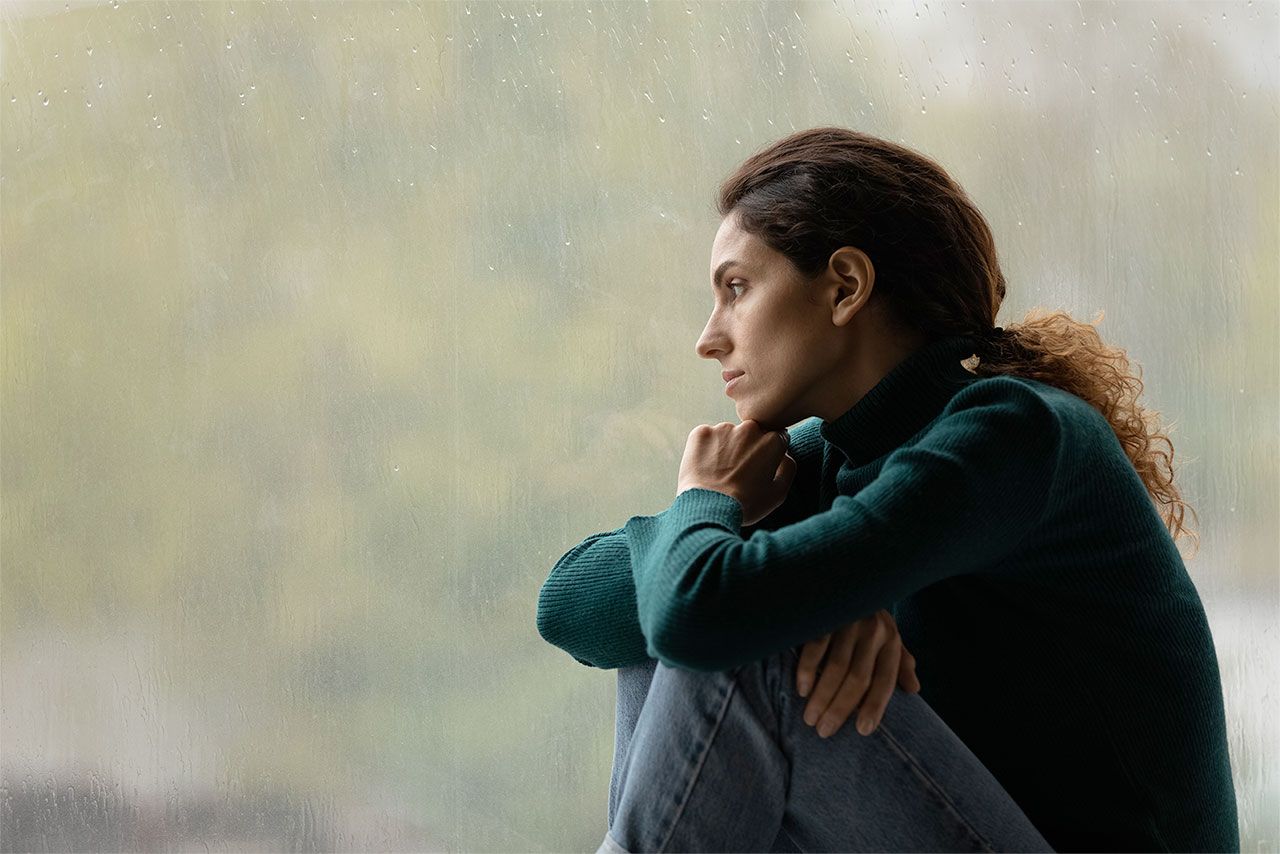The Day I Remained Silent: Confronting Discrimination and Stereotypes

By Gina Miller
We all have moments in our lives that we look back on with regret, wishing we had acted differently. One such moment for me was the day I didn’t speak up in the face of discrimination and stereotypes. It’s a story I’ve carried with me, serving as a powerful reminder of the importance of standing up against injustice, no matter how uncomfortable it may be.
The defining moment
The incident occurred in my workplace a few years ago as my colleagues and I waited for an event to begin. I was surrounded by rockstar marketing professionals, though I took note of the lack of racial diversity in the crowd; this unfortunate reality always saddened me. Soon, one of my favorite teammates walked in. She was an impeccably dressed Black woman who had always exemplified wisdom, preparedness and kindness when she and I worked together. That’s why I was completely taken aback when a member of our executive team turned to me and remarked, “We all know why she got her job. These diversity quotas are ridiculous.” This comment carried within it a multitude of hidden and overt messages, including the insinuation that Black women are not qualified for senior positions based on their own merits and experiences.
The internal struggle
As the meeting continued, I felt an uncomfortable tension building within me. On one hand, I wanted to speak up and challenge the unwarranted, harmful comment. I wanted to disarm the discrimination, defend my colleague’s honor and demonstrate that I did not subscribe to those racist views. On the other hand, I feared that speaking up might lead to awkwardness during an important event. Moreover, I was nervous about the ramifications of challenging a superior within the corporate hierarchy. It was a pivotal moment that would haunt me for years to come.
The decision to remain silent
Regrettably, I chose to remain silent. I rationalized my inaction by convincing myself that I simply didn’t want to make a scene. I told myself that I would address the matter privately with the person later, but I never did. Instead, I let the moment pass, and the discrimination went unchallenged.
The aftermath
As the event concluded, and I made my way home, an overwhelming sense of guilt and disappointment washed over me. I had faltered when it mattered most, failing to raise my voice against the injustice I had witnessed. My inaction seemed like a betrayal of my deeply-held principles and values, as well as a disservice to my colleague. The weight of my silence was compounded by the fact that I am the mother of biracial children. The experience left me questioning the very core of my character.
The lessons learned
In the aftermath of that evening, I reflected deeply on my silence and the consequences of failing to speak up. Here are some valuable lessons I took away from that experience:
- Silence is complicity: When we choose to remain silent in the face of discrimination and stereotypes, we inadvertently condone such behavior. Our inaction sends a message that we are okay with it, perpetuating harmful beliefs.
- Courage is needed: Speaking up against discrimination can be intimidating, but it’s essential. It takes courage to challenge harmful stereotypes, even in casual conversations, but your voice has power. It can make a positive difference.
- Regret lingers: The regret I felt for not speaking up that day has stayed with me, serving as a constant reminder of what feels like a moral failure.
- Education is key: Frequently, stereotypes are perpetuated due to ignorance. Education, whether through formal means or the valuable insights shared by those courageous enough to confront these stereotypes, plays a crucial role in dispelling these misconceptions and fostering understanding. Furthermore, individuals who witness such incidents can learn effective ways to speak up, equipping themselves to address transgressions when they occur. (It’s interesting to note that Dr. Derald Wing Sue, a pioneer in the field of microaggressions, multicultural education and the psychology of racism/antiracism, teaches that the primary reason people don’t speak up is because they don’t know what to say. This can be alleviated by learning and practicing specific skills and tactics in advance.)
Conclusion
I didn’t speak up when it mattered, and that was a turning point in my life. It taught me that silence in the face of injustice is never the right choice. I hope that, by sharing this experience, I can inspire myself and others to find our voices, speak up and actively confront discrimination and stereotypes wherever we encounter them. In doing so, we can save ourselves from debilitating regret, and, more importantly, we can work toward a more inclusive and equitable world.
####
Do you have a story to share of a time you didn’t speak up? Or a story about when you did speak up?
We’d love to hear about it. Please use this form below to share your story with SunShower Learning. We’ll get in touch with you and, if you give permission, we’ll include your story anonymously in a follow-up article about speaking up against stereotypes. Thank you.
Would you like to learn skills for speaking up?
Ouch!, from SunShower Learning, teaches six simple techniques for speaking up when you hear a comment or a joke that promotes a stereotype. Give your employees tools to speak up in a non-blaming, non-shaming way. Beloved by tens of thousands of organizations, the Ouch! eLearning was developed by a distinguished DEI expert and is a must-have for creating an inclusive and equitable workplace culture.
Learn more.

